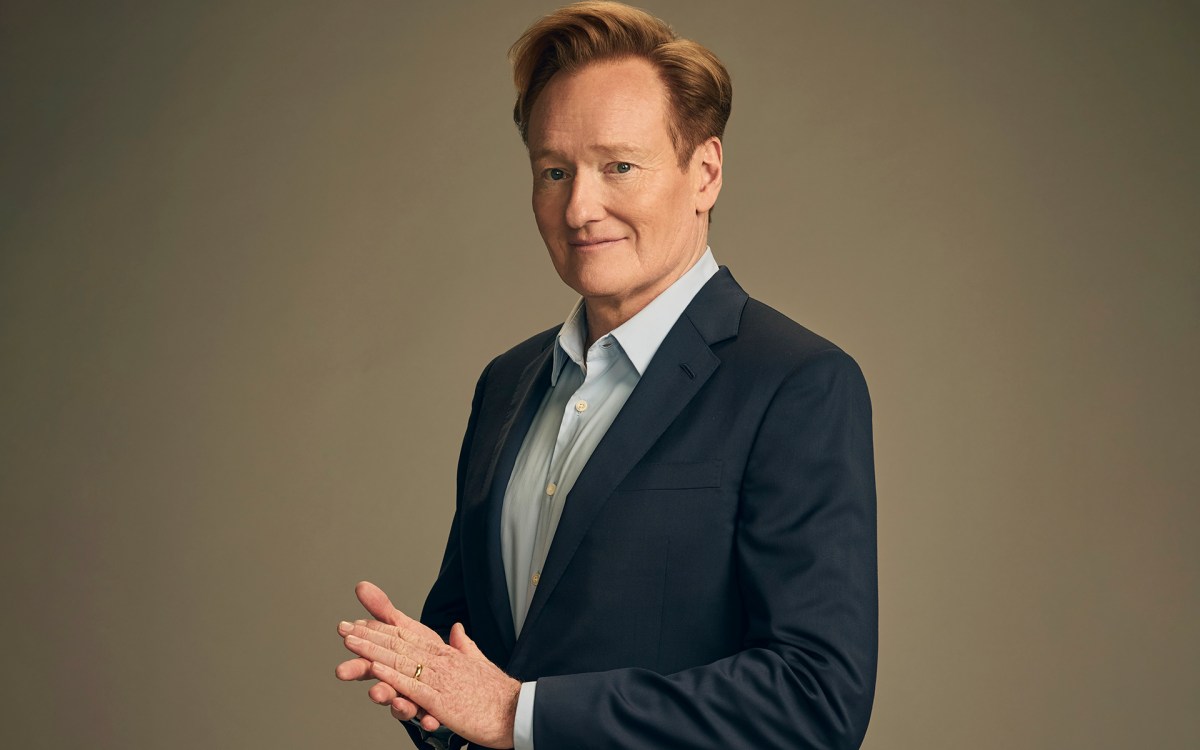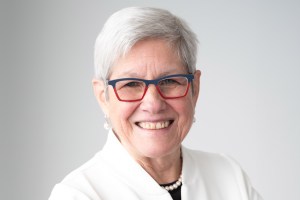A half-century of life at Harvard
Simon: What drew you to Harvard as a young graduate student in the early 1950s?
Hoffmann: I first came to Harvard from France in 1951, as a visiting student on a fellowship. At the time I was writing my thesis in law, and I felt it was a very good idea to put 3,000 miles between my thesis director and myself. She was a quite formidable and remarkable lady, but her ideas about what I should be writing on were not the same as mine. At Harvard I found a fascinating group of people … my classmates were individuals like Henry Kissinger and Samuel Huntington. The atmosphere was so completely different from French universities that it was quite an attractive place. I returned to France to do my military service and receive my degree, and then Harvard asked me to come back and teach in 1955. Now, this is my 54th year in this great place.
Simon: What are some of the most significant changes you have witnessed at Harvard since you first joined the faculty?
Hoffmann: The most significant change by far has been — and I don’t want to use this phrase but I’m not sure how else to put it — the “rise” of women. Harvard was an extraordinarily male college when I was here first, which I thought was quite absurd because some of my best students were women. It really took until the 1970s to put an end to that nonsense. The other major change, which I think is absolutely wonderful for American universities, is diversity. When I was here in 1950s, most students had been in private schools, mostly from New England. It was a very limited sector of America. What both [former Harvard presidents] Derek Bok and Neil Rudenstine did, with the help of a really quite fabulous admissions team, completely changed the nature of the student body. I think that has been a remarkable thing.
Simon: What moments from your long career stand out as particularly memorable?
Hoffmann: In a sense, the most dramatic moment occurred in 1969, which was sort of a revolution. I was quite active in it, trying to keep peace between the different groups. At the time I thought the administration didn’t have a clue about what was truly agitating the students. I found it an extraordinarily interesting period and I never regretted having been somewhat engaged in it. I know that I have many colleagues who thought the protests were destructive, but I thought it was a great exercise in consciousness-raising.
Simon: In your opinion, what foreign policy challenges will require the most urgent attention from America’s incoming president?
Hoffmann: The most urgent is really to put an end in the war in Iraq; secondly, to avoid getting sucked into an interminable and probably unwinnable war in Afghanistan. I think nobody knows how to avoid it, but it is likely to become a major issue. The other issue that has been postponed forever is trying to settle the Israeli-Palestinian dispute. Everybody knows what the terms of an agreement could be, but it takes a lot of prodding from the outside. It is an issue that just feeds terrorism. It’s time that somebody do something about it. I think there is also a need for more arms control and a stronger nonproliferation regime — because that is a major danger — and a much more coherent American and international policy for development, which has long been the last wheel of the car. Obama will have his hands full.
Simon: How does it feel to see so many former students and colleagues return to campus to celebrate your birthday?
Hoffmann: I am very moved, I must say. The Center [for European Studies] and the Department [of Government] were very kind to have organized this. I am somebody who never believed I would live to be so old! Much more of my time has been spent with students than with, well, many other people, so I am very happy to have had some absolutely wonderful students over the years. One can always find students interested in almost anything one wants to do at Harvard. My only complaint is that there is too much going on — but that is much better than the opposite!
— Emily T. Simon




